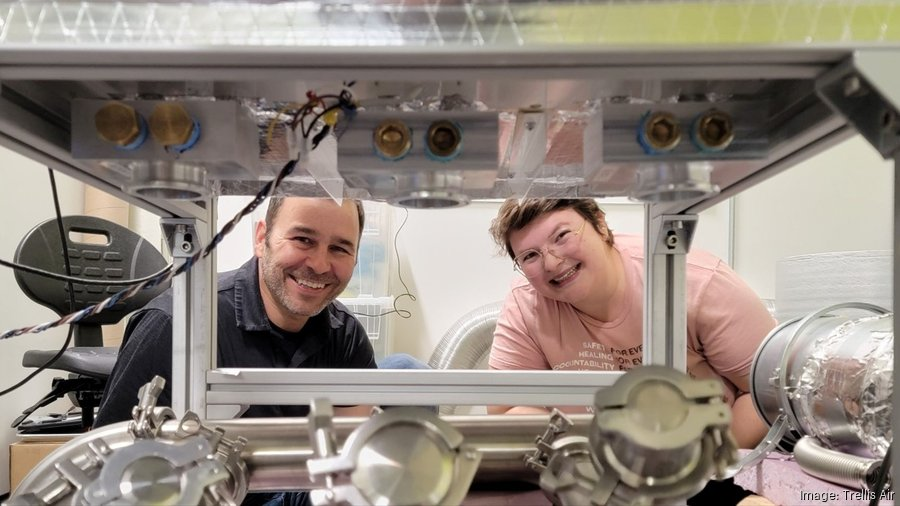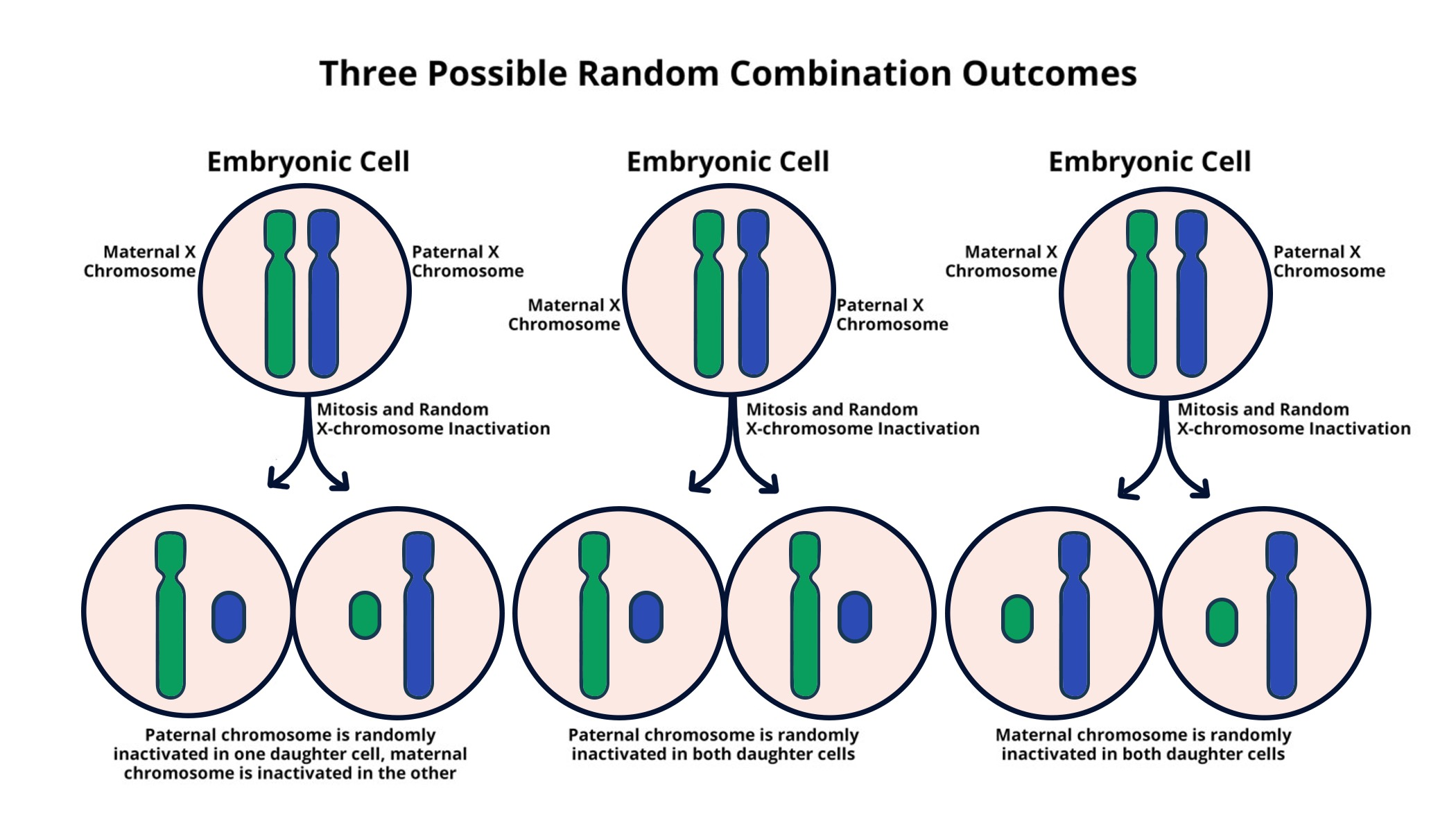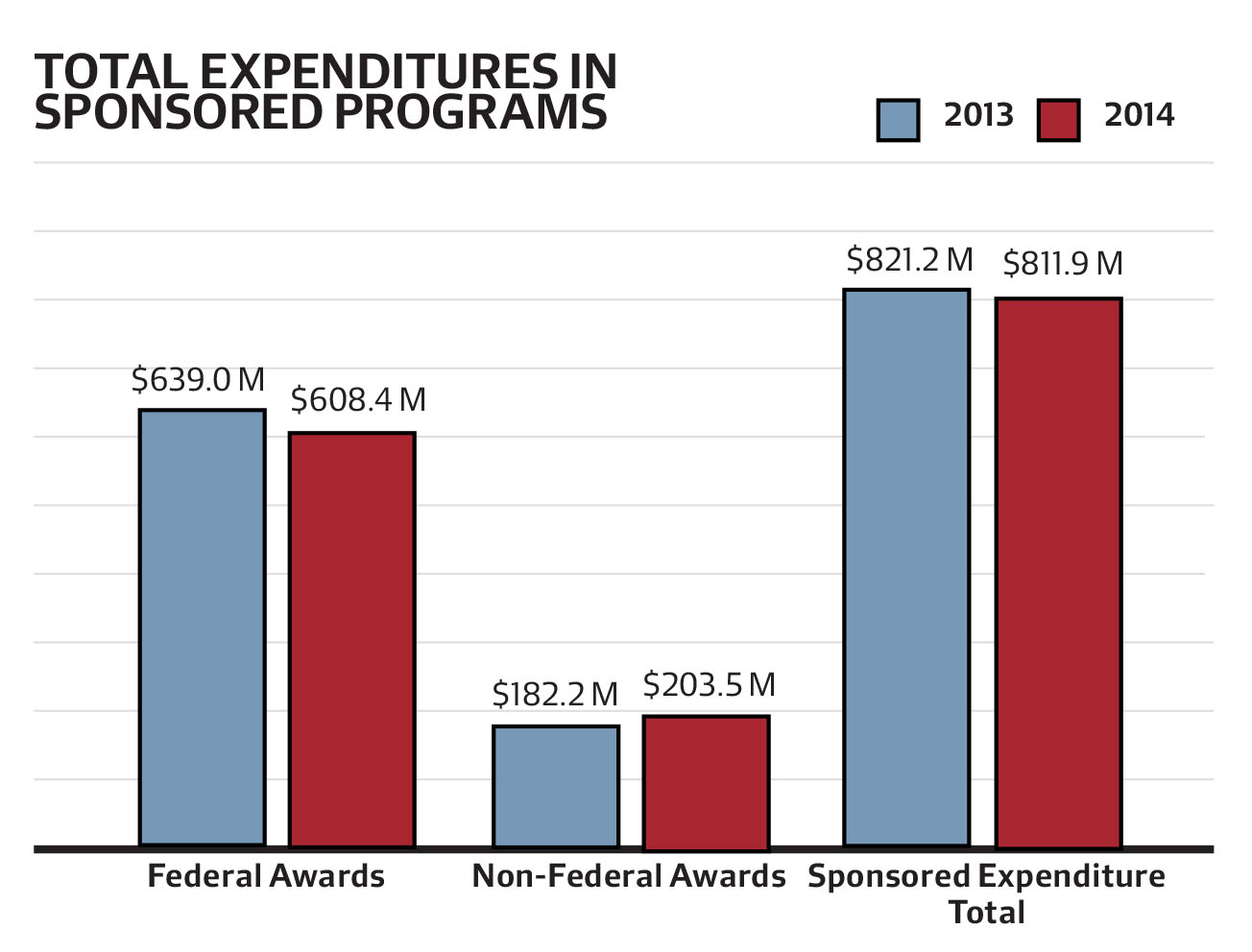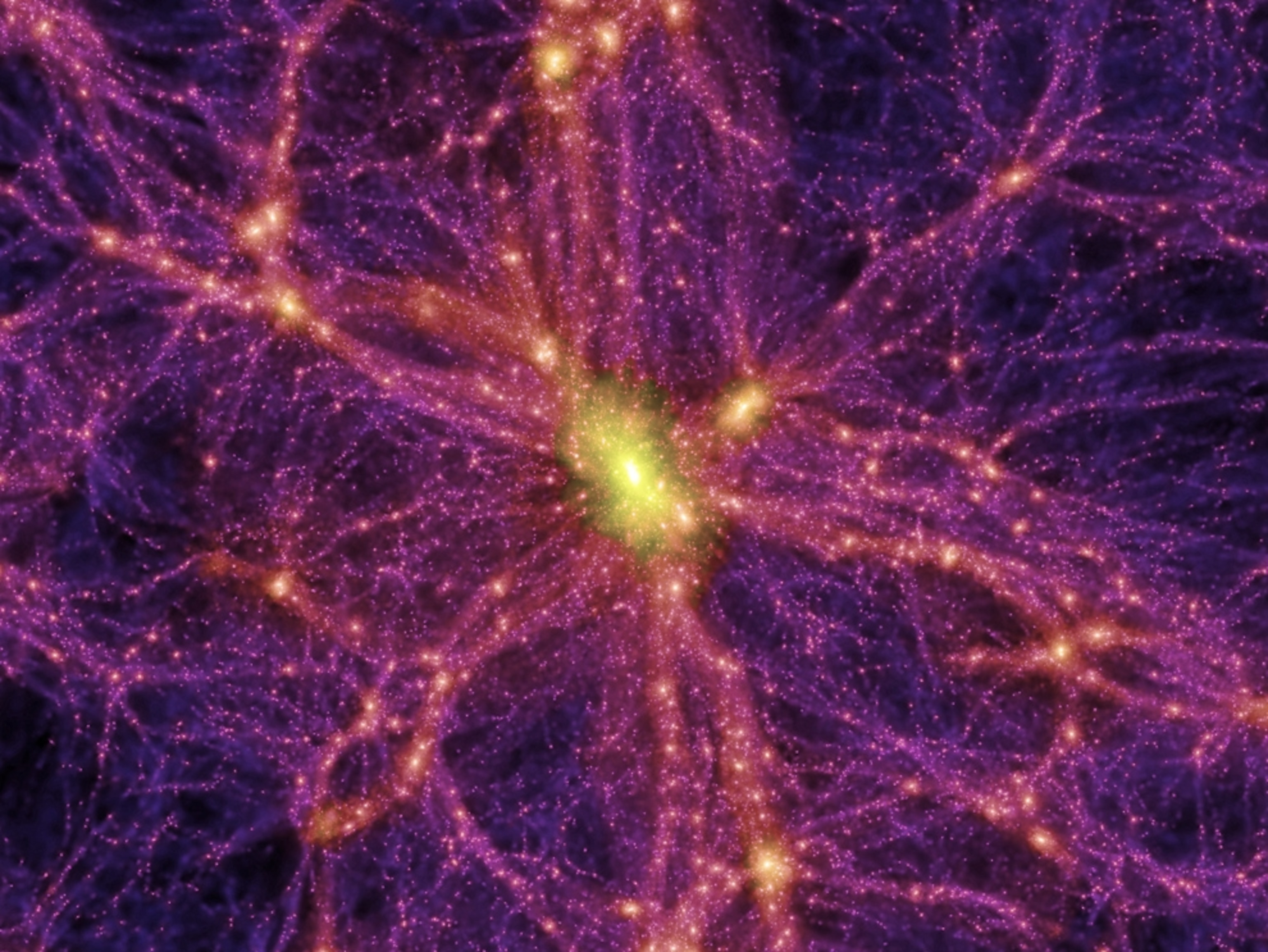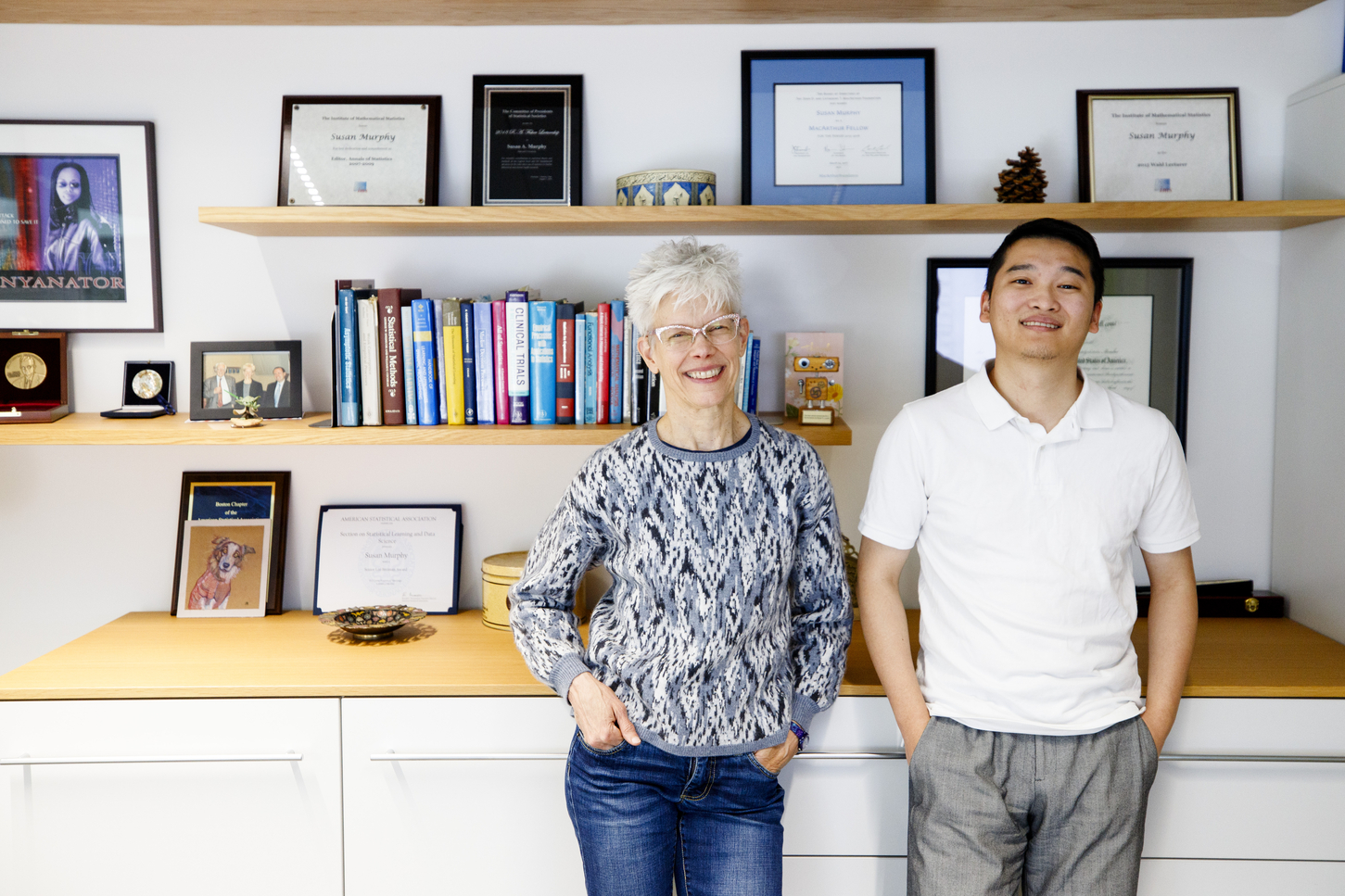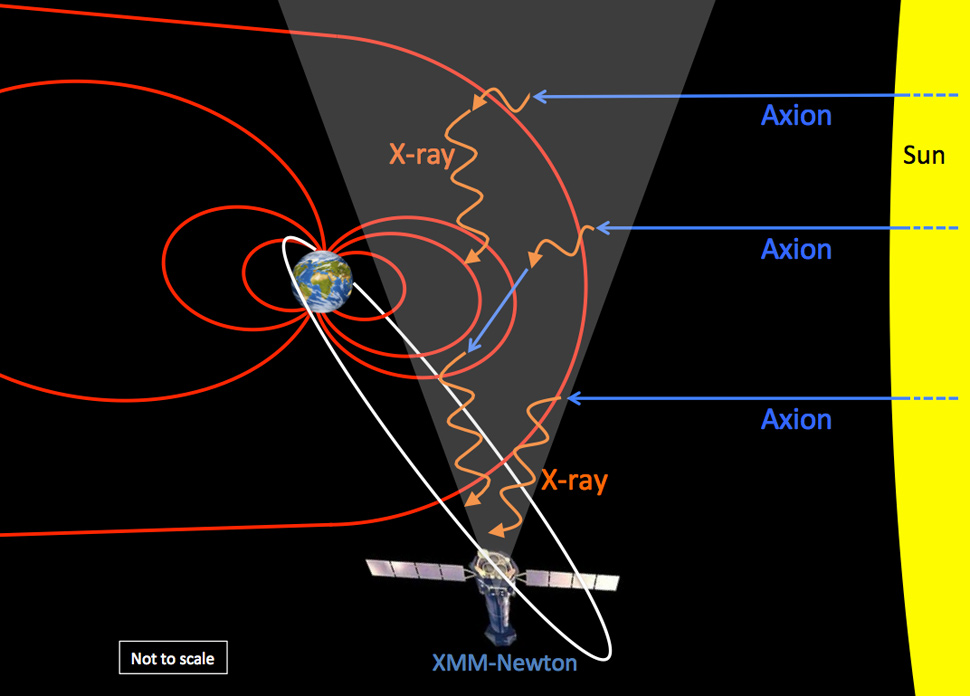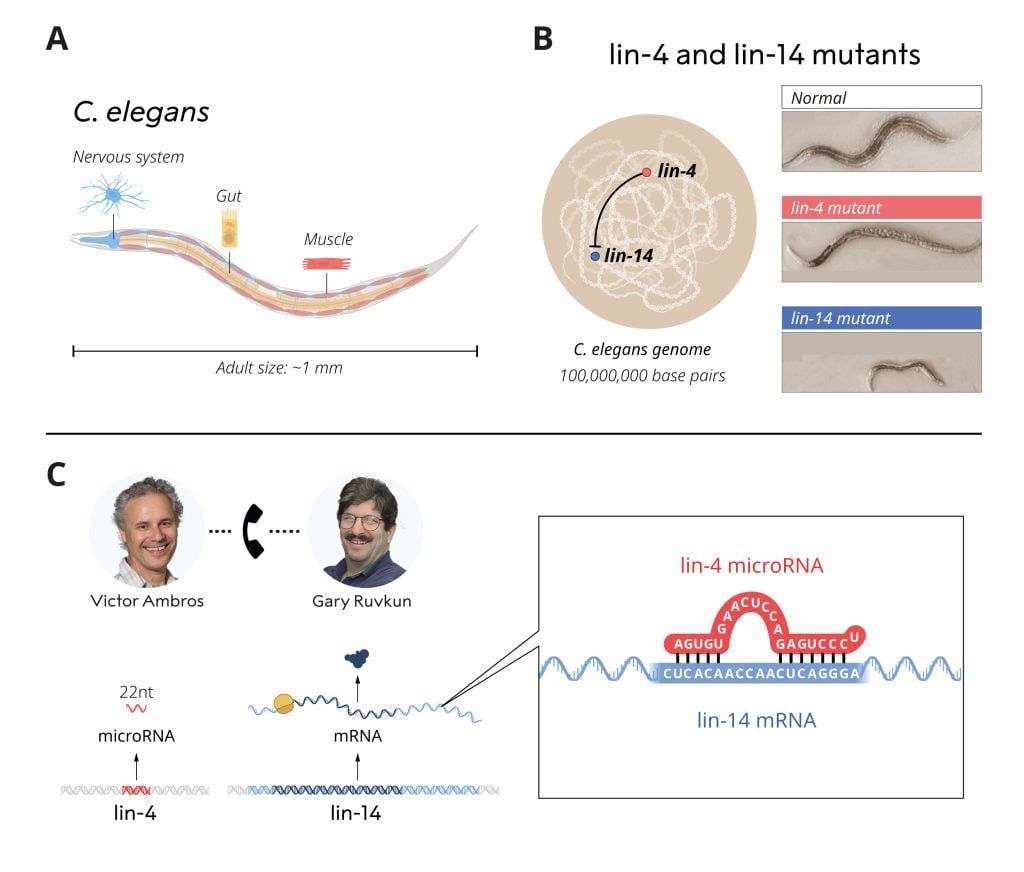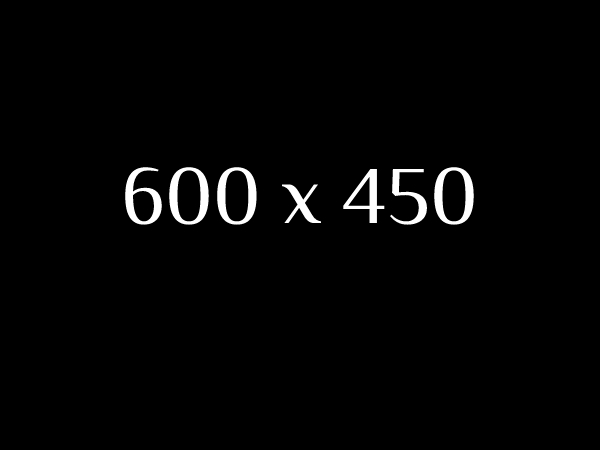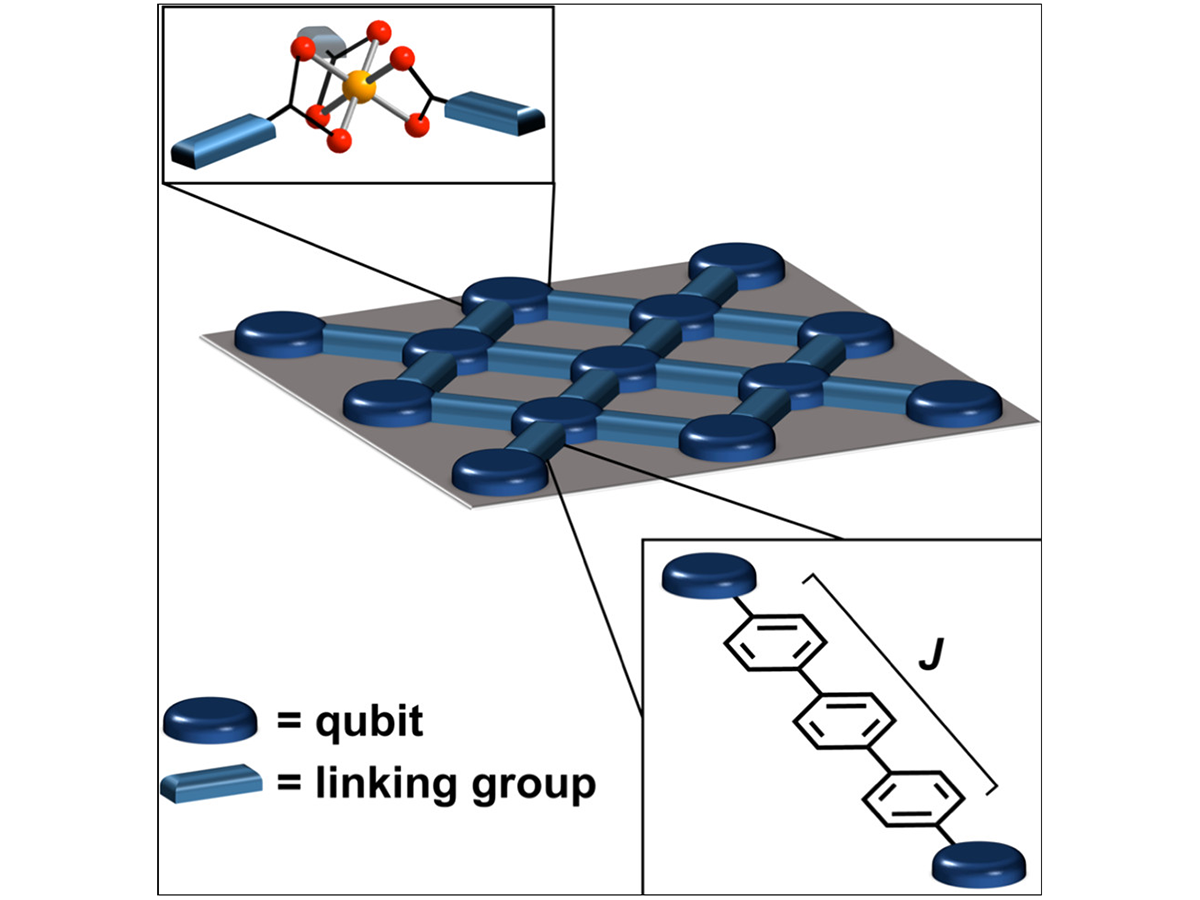
Molecular Quantum Computing: A Breakthrough in Technology
Molecular quantum computing is on the cutting edge of scientific advancement, representing a significant leap forward in the realm of computational technology. For the first time, researchers have successfully harnessed the potential of molecules to execute quantum operations, paving the way for ultra-high-speed computing systems that could surpass traditional methods. By utilizing complex molecular systems, particularly ultra-cold polar molecules, scientists are now able to explore the depths of quantum mechanics with unprecedented precision. This breakthrough not only involves the innovative use of quantum gates to perform calculations but also capitalizes on the intricate internal structures of molecules to enhance the power of quantum computers. As efforts to refine these quantum operations continue, the implications for fields such as medicine, science, and finance are monumental, ushering in a new era of technology driven by molecular quantum computing.
In the exciting field of molecular quantum computing, researchers are uncovering innovative methodologies to enhance computational power by exploiting the unique properties of molecules. This discipline focuses on the utilization of molecular systems to conduct quantum calculations, marking a turning point in how we approach quantum mechanics and information processing. The application of ultra-cold molecules as qubits introduces an array of opportunities to manipulate information using quantum gates, all while navigating the complexities inherent to these structures. As the scientific community delves deeper into this emerging technology, the potential for breakthroughs in various sectors grows, revolutionizing the landscape of computing as we know it. The intersection of chemistry, physics, and advanced computing is setting the stage for a remarkable evolution in technology that could reshape multiple facets of modern life.
The Breakthrough in Molecular Quantum Computing
Recent advancements in quantum computing have spotlighted molecular quantum computing as a revolutionary approach. A research team from Harvard, led by Kang-Kuen Ni, has made considerable progress in utilizing ultra-cold polar molecules for quantum operations. This method stands in contrast to traditional approaches, which relied on smaller particles like ions and atoms. By effectively trapping molecules, the researchers demonstrated that complex molecular systems could serve as stable qubits, leading to enhanced performance in quantum operations. The implications of this breakthrough could accelerate the development of high-speed quantum systems, fostering a new era in computational capabilities.
The achievement is particularly notable as it showcases the potential of molecular systems to solve problems previously deemed insurmountable in quantum computing. Trapped molecules, with their intricate internal structures, offer unique properties that can contribute to the realization of a molecular quantum computer. This shift reflects a significant departure from the historical reliance on particle-based qubit systems, suggesting that the complexities that have hindered earlier efforts may ultimately pave the way for more powerful and flexible quantum technologies.
Exploring Quantum Gates and Their Role in Quantum Computing
Quantum gates are pivotal for facilitating information processing within quantum computers, and they play a similar role as logical operators in classical computing. These gates manipulate qubits, which can exist in superpositions, allowing quantum computers to perform computations in ways that classical machines cannot. The Harvard team’s work utilized an iSWAP gate, a specialized quantum gate that enables the entanglement of qubit states. This entanglement is a cornerstone of quantum mechanics, providing the basis for quantum algorithms that can exponentially increase computational efficiency.
As researchers continue to optimize quantum gates for practical applications, the integration of molecular systems into this framework may lead to profound enhancements in speed and efficiency. The ability to swap states and create correlated behaviors between qubits may allow for new forms of error correction and stabilization methods that significantly improve coherence times. The work performed by the Harvard team demonstrates the promising synergy between molecular systems and quantum gates, paving the way for intricate quantum operations that were previously out of reach.
Trapping Molecules: A Safeguard for Quantum Operations
The ability to trap molecules within ultra-cold environments is a critical innovation for advancing molecular quantum computing. Traditional challenges associated with molecular instability are mitigated through precise control techniques, such as optical tweezers, which allow for expert manipulation of molecular movements. This stabilization is crucial for executing reliable quantum operations, ensuring that the quantum states are preserved and accurately controlled. The Harvard researchers trapped sodium-cesium molecules to execute their quantum operations, demonstrating remarkable success in creating a two-qubit Bell state with high accuracy.
This breakthrough reinforces the idea that with the right technological advancements, molecular systems can be effectively utilized for quantum computing. The transition into a controlled ultra-cold environment minimizes disruptive movements that may compromise coherence, allowing for more reliable quantum logic operations and paving the path toward a molecular quantum computer. The implications extend beyond singular experiments; this advancement sets the foundation for future explorations into complex quantum interactions harnessed through molecular platforms.
The recent successes in trapping molecular systems represent a significant leap towards the future of quantum technology. By demonstrating how to manage and manipulate ultra-cold molecules, researchers may unlock new avenues in quantum mechanics, further enriching the field of quantum computing.
Future Directions in Quantum Mechanics and Computing
The recent findings on molecular quantum computing herald a new era that intertwines quantum mechanics with computational efficiency. Researchers like Annie Park and Kang-Kuen Ni emphasize that this foundational work stands as a cornerstone for constructing future quantum systems capable of processing information at unprecedented speeds. The implications of leveraging molecular structures extend to various fields, from medicine to finance, showcasing the broad significance of these advancements. Quantum mechanics principles dictate that as we learn to exploit these properties of molecules, the potential applications could be transformative.
As the research community expands on this discovery, future explorations may delve into optimizing quantum operations and subsequently enhancing the fidelity and resilience of molecular quantum systems. Combining insights from quantum mechanics with technological innovations may yield new strategies for building robust quantum algorithms, pushing the boundaries of what is achievable with quantum computing. Observations and challenges encountered during the initial experiments will guide subsequent inquiries, leading to an enriched understanding of how molecular structures can catalyze advancements in quantum technologies.
The Role of Ultra-Cold Molecules in Quantum Computing
Ultra-cold molecules play a crucial role in the evolution of quantum computing by offering a new frontier in qubit technology. The significance of using ultra-cold polar molecules lies in their unique quantum properties, which can facilitate longer coherence times and improved entanglement capabilities. By cooling molecules to near absolute zero, researchers can reduce thermal noise and control their interactions more precisely, allowing for more effective quantum operations. This method contrasts sharply with conventional qubit systems, where thermal fluctuations often limit performance and coherence.
The Harvard team’s success in trapping these ultra-cold molecules is a pivotal step toward realizing a fully functional molecular quantum computer. Utilizing the distinct characteristics of these molecules opens new opportunities for researchers to explore quantum operations that leverage their multifaceted internal structure, providing an entirely different computational approach. As the field progresses, further investigations into ultra-cold molecular systems may lead to breakthroughs that redefine the landscape of quantum technology and its applications.
Challenges in Harnessing Molecular Systems for Quantum Operations
Despite the promising advancements made in molecular quantum computing, several challenges remain in fully harnessing molecular systems for practical applications. Historically, the complexity and fragility of molecules posed significant obstacles, preventing researchers from effectively utilizing them for quantum operations. The unpredictable behavior of molecular interactions often disrupted coherence, a critical aspect of maintaining qubit stability. However, advancements in trapping methodologies, especially within the context of ultra-cold environments, have begun to address these challenges.
Moving forward, it is essential for the research community to continuously refine techniques for controlling molecular systems and reducing their vulnerability to external perturbations. Addressing these challenges will not only enhance the performance of molecular quantum systems but will also open new pathways for implementing sophisticated quantum gate operations. Collaborative efforts across various fields, including quantum mechanics, engineering, and materials science, will be crucial for overcoming these barriers and advancing molecular quantum computing towards a practical reality.
Applications of Molecular Quantum Computing
Molecular quantum computing holds the promise of transforming numerous fields due to its enhanced capabilities over classical computing systems. With the ability to leverage complex molecular structures, this emerging technology can potentially solve problems deemed intractable by classical algorithms. For instance, applications in material science could lead to breakthroughs in discovering new compounds with tailored properties, while advancements in drug discovery could expedite the development of new pharmaceuticals through accurate modeling and simulation of molecular interactions.
Furthermore, the potential impact of molecular quantum computing extends into computational finance where complex modeling of market behaviors and risk assessments could improve decision-making processes. The unique superposition and entanglement properties of qubits derived from molecular systems enable parallel processing at unprecedented speeds, allowing for efficient solutions to intricate computational problems. As researchers continue to refine molecular quantum computing techniques, the breadth of its applications is bound to expand, potentially revolutionizing multiple industries.
The Synergy Between Quantum Mechanics and Technology
At the heart of molecular quantum computing lies the intersection of quantum mechanics and advanced technology. As the principles of quantum mechanics unveil new possibilities, innovative technologies enable researchers to translate these concepts into practical applications. The Harvard team’s recent work harnessing molecular systems exemplifies this vital synergy; their breakthroughs demonstrate how advanced scientific methodologies can overcome prior limitations. Through this collaborative approach, researchers aim to construct more complex quantum systems that leverage the unique properties of molecules for computing.
The seamless integration of quantum mechanics with sophisticated technologies such as laser manipulation techniques serves as a testament to the potential advancements on the horizon. As the research domain evolves, the interplay between theoretical understanding and technological innovation will facilitate further breakthroughs in quantum computing. This collaborative synergy not only enriches the academic landscape but also paves the way for transformative changes across various sectors reliant on computational power.
Innovative Techniques in Quantum Computing Research
Innovative techniques are at the forefront of advancements in quantum computing, particularly in the realm of molecular systems. The recent work by the Harvard team showcases the application of optical tweezers, allowing for the delicate manipulation of trapped molecules within ultra-cold environments. These techniques enable researchers to maintain control over molecular movements, enhancing their ability to perform precise quantum operations that are fundamental to effective quantum computing. Such methodologies are crucial for managing the stability of qubits and reducing error rates in quantum gates.
As technology evolves, the research community remains dedicated to exploring new techniques that can further optimize molecular quantum computing. Integrating machine learning and artificial intelligence could enhance error mitigation strategies, enabling systems to adapt and improve performance over time. This inventive approach not only stands to sharpen the efficiency of existing methods but could also open doors to entirely new paradigms in quantum computation. Through ongoing innovation and interdisciplinary collaboration, the future of molecular quantum computing looks promising.
Frequently Asked Questions
What is molecular quantum computing and how does it differ from traditional quantum computing?
Molecular quantum computing involves the use of complex molecular systems, such as ultra-cold polar molecules, as qubits to perform quantum operations. Unlike traditional quantum computing, which primarily utilizes trapped ions, neutral atoms, or superconducting circuits, molecular quantum computing leverages the intricate internal structures of molecules to enhance computational capabilities.
How do quantum gates operate in molecular quantum computing?
In molecular quantum computing, quantum gates function similarly to conventional logic gates but operate on qubits that can exist in superpositions. These gates manipulate the quantum states of molecules, enabling the execution of complex operations and the generation of entangled states, which are crucial for quantum computation.
What is the significance of ultra-cold molecules in quantum operations?
Ultra-cold molecules play a vital role in molecular quantum computing as they allow for controlled interactions between qubits while minimizing thermal motion. This stability is essential for maintaining coherence in quantum states during quantum operations, making them more reliable for use in quantum computing.
What is the iSWAP gate and its role in molecular quantum computing?
The iSWAP gate is a fundamental quantum circuit used in molecular quantum computing to generate entanglement between two qubits. By swapping their states and applying a phase shift, the iSWAP gate facilitates the creation of correlated quantum states, which is pivotal for the computational power of quantum systems.
What recent advancements have been made in molecular quantum computing research?
Recently, researchers from Harvard successfully trapped sodium-cesium molecules to perform quantum operations for the first time. This breakthrough achieved a two-qubit Bell state with 94 percent accuracy, marking a significant milestone in the development of molecular quantum computers.
What challenges have researchers faced in utilizing molecular systems for quantum computing?
Researchers have historically encountered challenges due to the complex and unpredictable nature of molecular motion, which can disrupt coherence in quantum states. However, advanced techniques, such as trapping molecules in ultra-cold environments using optical tweezers, have opened new avenues for stabilizing these systems for quantum operations.
How might molecular quantum computing impact various fields in the future?
Molecular quantum computing has the potential to accelerate advancements in fields like medicine, science, and finance by providing exponentially faster computation speeds. The unique properties of molecular systems could enable new algorithms and applications that leverage the complexity of these structures.
What are the implications of trapping molecules for quantum computing technology?
Trapping molecules allows researchers to perform precise quantum operations with increased stability and accuracy, which is crucial for realizing the potential of quantum computing technology. This innovation represents a critical step towards constructing robust molecular quantum computers capable of outperforming classical systems.
| Key Points | Details |
|---|---|
| Groundbreaking Success | Harvard team trapped molecules to perform quantum operations for the first time. |
| Quantum Operations | Utilized ultra-cold polar molecules as qubits, which are vital for quantum computing. |
| iSWAP Gate | Implemented a fundamental quantum circuit to generate entanglement, crucial for quantum computing. |
| Experimental Method | Trapped sodium-cesium (NaCs) molecules using optical tweezers in an ultra-cold environment. |
| Achievement in Accuracy | Successfully created a two-qubit Bell state with 94% accuracy. |
| Future Opportunities | The research paves the way for advanced molecular quantum computing applications due to the complex properties of molecules. |
Summary
Molecular quantum computing is at the forefront of revolutionizing technology as researchers have successfully trapped molecules to execute quantum operations. This innovative breakthrough, led by a team at Harvard, harnesses the intricate internal structures of molecules to create qubits, enabling capabilities far beyond traditional computing. The ability to manipulate these molecules using techniques such as optical tweezers not only increases the accuracy of quantum states but also enhances the potential for future applications in various fields. As this research progresses, it may lead to transformational advancements, making molecular quantum computing an exciting area for further exploration.

